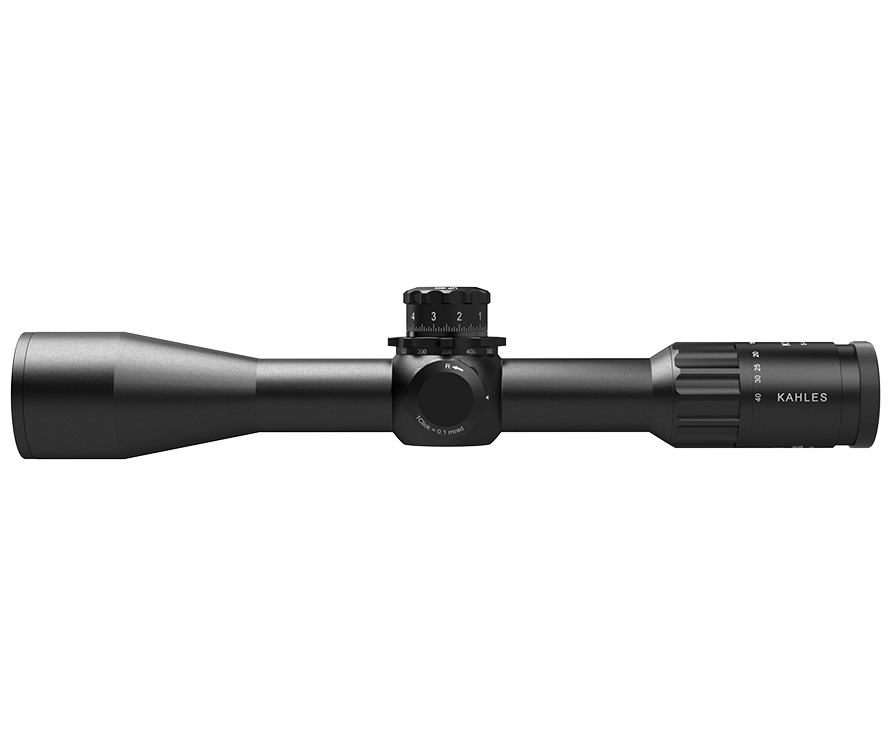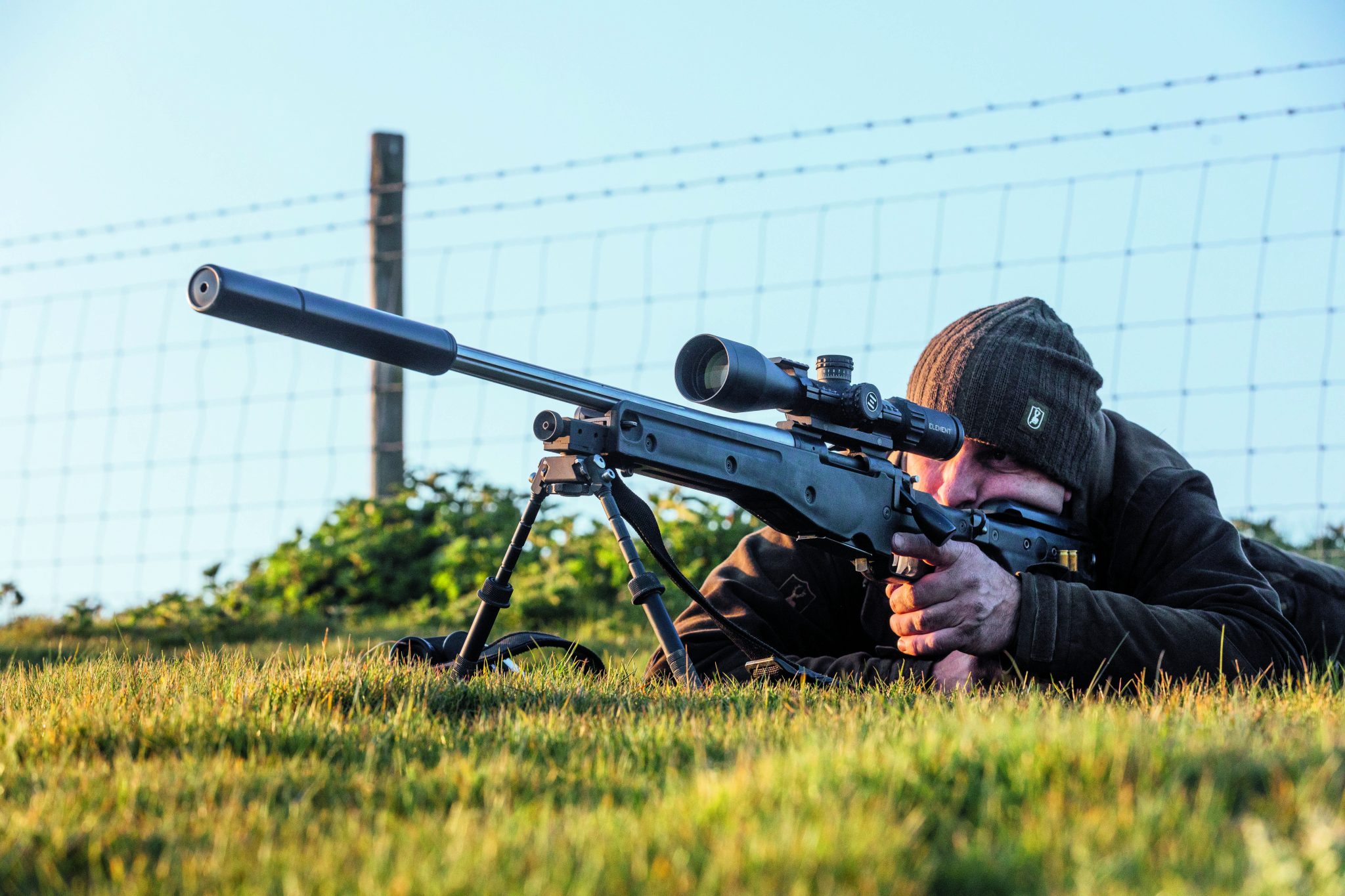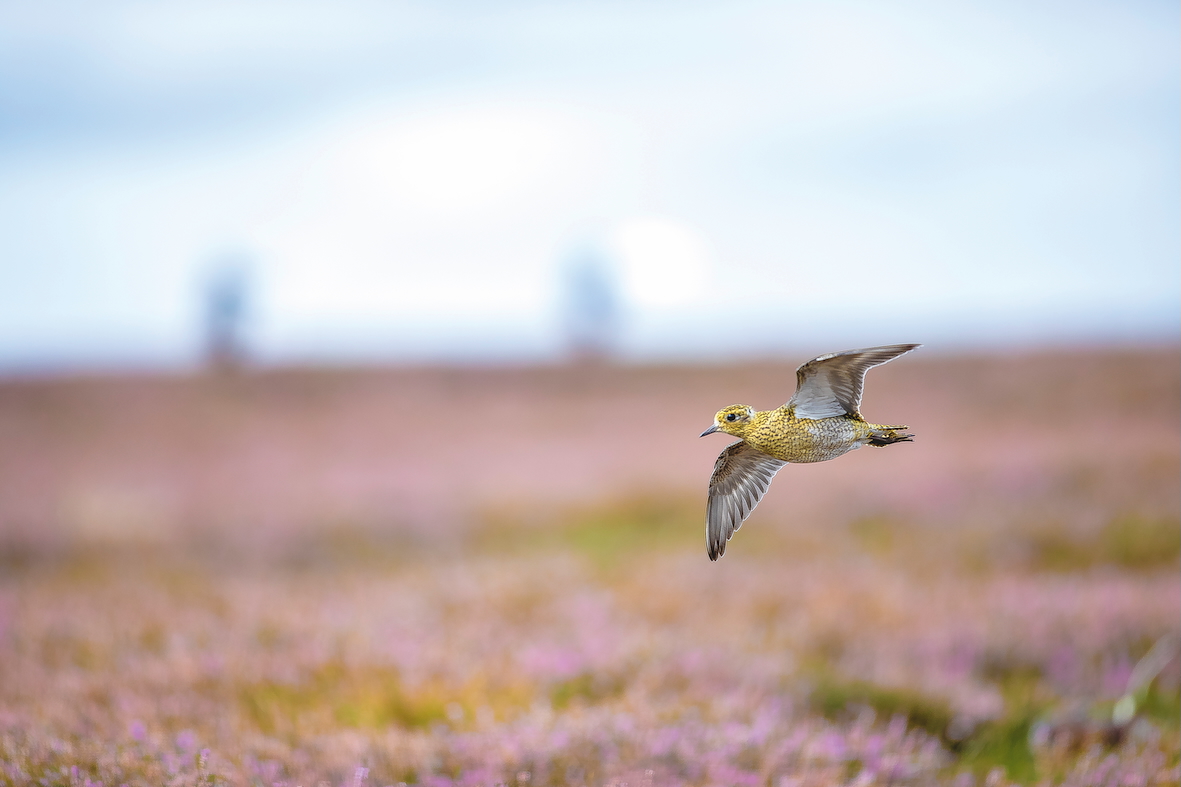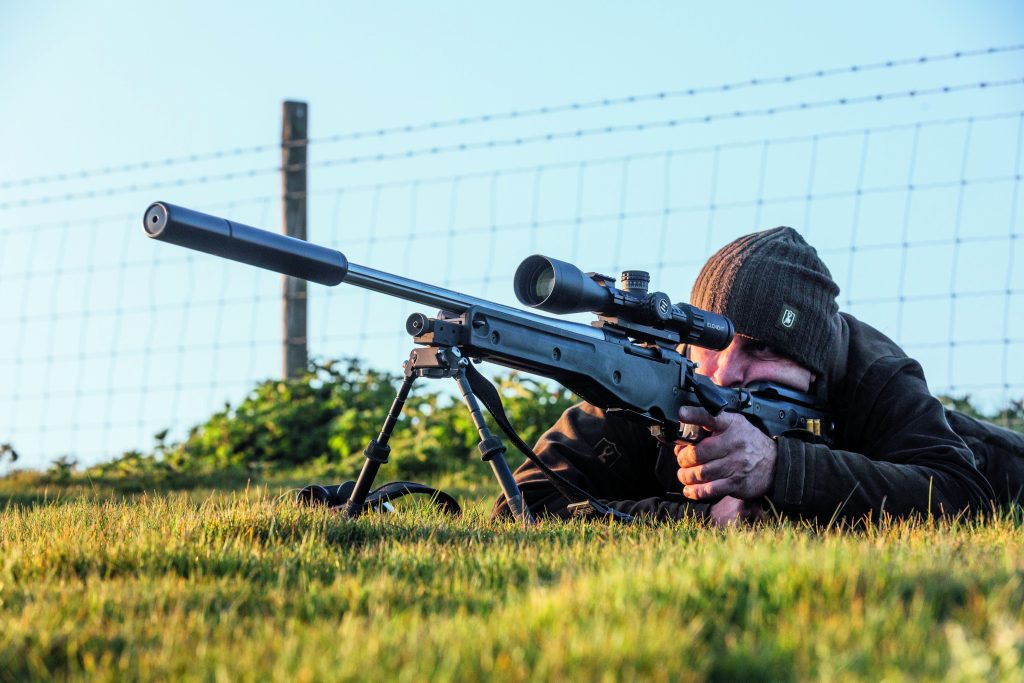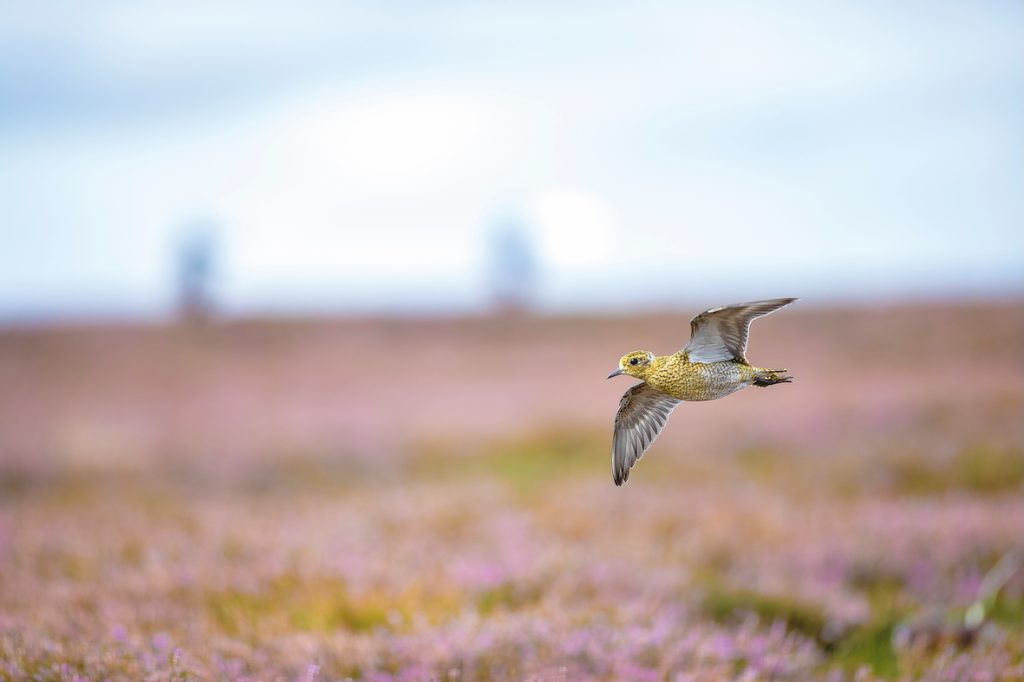News
‘Bird gatherings’ ban as avian flu intensifies
Would you like to speak to our readers? We offer sponsored articles and advertising to put you in front of our audience. Find out more.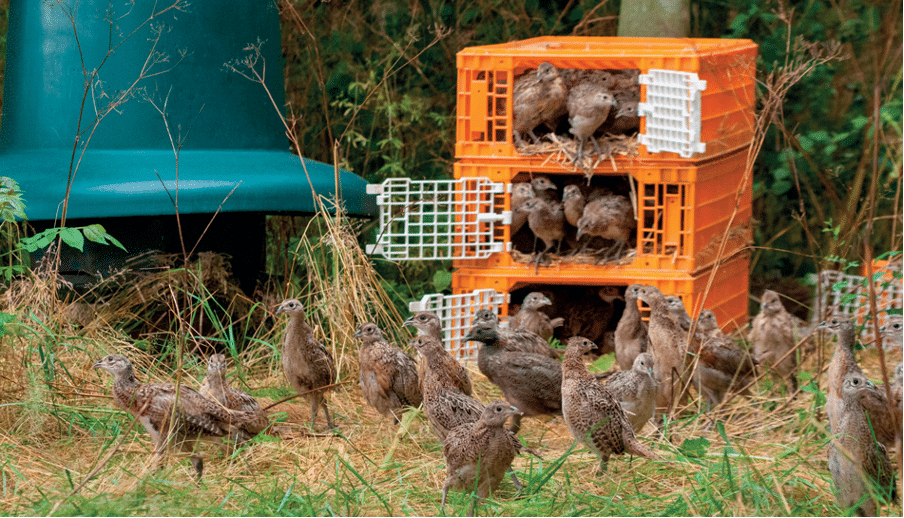
The Government calls a halt to shows, fairs and markets as bird flu continues to spread across multiple areas in England and Scotland
The Government has announced a ban on bird gatherings such as fairs, markets and shows, in an effort to stop the spread of highly pathogenic avian influenza.
The ban includes ducks, geese, swans, pheasants, partridges, quail, chickens, turkeys and guinea fowl. The move is in response to the spread of the virus across multiple areas.
The Government classifies bird gatherings as bird fairs, markets, shows, sales, exhibitions and some premises used for dealing or internet sales. Vehicles used to transport a collection of live birds from multiple premises are also considered gatherings. To date there have been 35 confirmed cases of bird flu in England during the latest outbreak.
The virus can spread through droppings and saliva or contaminated food and water. Vaccinations against bird flu are not allowed in the UK except in zoos, but several farming organisations have urged the Government to change the rules to allow inoculations.
Tim Weston, director of environment, policy and politics for the National Gamekeepers’ Organisation, told ST: “Wild birds have continued to test positive for avian influenza over the past month or so. This is not entirely unexpected as migration starts to shift in the other direction.
“Birdkeepers need to be vigilant and aware, and make sure they stick to high levels of biosecurity around laying flocks and understand the rules imposed on them at both a local and national level.”
Dominic Boulton, game sector representative at Defra’s National Avian Disease Core Group, said: “Tighter restrictions are only to be expected now that we are into the worst part of the avian influenza calendar.
“General Licences permitting bird gatherings in England, Wales and Scotland have now been withdrawn. Bird gatherings in this context are defined as any situation or event where birds from multiple sources are brought to a single site and subsequently dispersed to multiple premises. This can potentially affect catching-up, as on larger shoots this would be a possibility.
“Although the catching-up season has now finished in England and Wales, birds that have been quarantined for the statutory 21 days will be moving on to pastures new for the next couple of weeks, so this could still be relevant to some in the game sector.
“All bird movements into or out of disease control zones now require a licence from the Animal and Plant Health Agency. This will also apply to hatching eggs, so it will become relevant for a lot more people in the next few weeks as we transition into the laying season.”
Related articles
News
A sound decision as moderators to be taken off licences
The Government has finally confirmed what the shooting community has long argued – that sound moderators should be removed from firearms licensing controls
By Time Well Spent
Gamekeeping news
News
Devastating effects of keepers downing tools
A 20-year experiment highlights the dramatic decline in our red-listed birds after predator control ends, proving the vital role of gamekeepers
By Time Well Spent
Manage Consent
To provide the best experiences, we use technologies like cookies to store and/or access device information. Consenting to these technologies will allow us to process data such as browsing behavior or unique IDs on this site. Not consenting or withdrawing consent, may adversely affect certain features and functions.
Functional Always active
The technical storage or access is strictly necessary for the legitimate purpose of enabling the use of a specific service explicitly requested by the subscriber or user, or for the sole purpose of carrying out the transmission of a communication over an electronic communications network.
Preferences
The technical storage or access is necessary for the legitimate purpose of storing preferences that are not requested by the subscriber or user.
Statistics
The technical storage or access that is used exclusively for statistical purposes.
The technical storage or access that is used exclusively for anonymous statistical purposes. Without a subpoena, voluntary compliance on the part of your Internet Service Provider, or additional records from a third party, information stored or retrieved for this purpose alone cannot usually be used to identify you.
Marketing
The technical storage or access is required to create user profiles to send advertising, or to track the user on a website or across several websites for similar marketing purposes.

